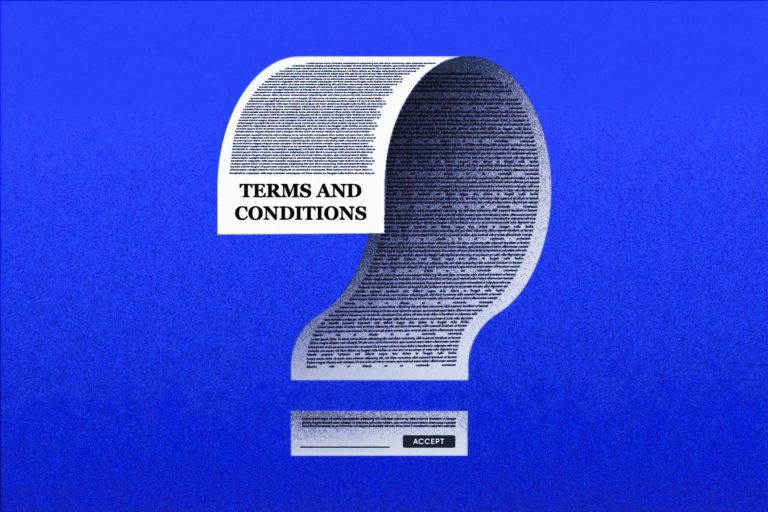
Gifting Can Help Estate Plans and Heirs Reach Goals
The applicable exclusion amount for gift/estate tax purposes is $11.58 million in 2020, a level that makes incorporating gifting into estate plans very attractive for high net-worth families. If a donor’s taxable gift—one that does not qualify for the annual, medical or education exclusion—is in excess of this amount, or if the value of the donor’s aggregate taxable gifts is higher than this amount, the federal gift tax will be due by April 15 of the following year. The current gift tax rate is 40%.
This presents an opportunity, as described in detail in the article “The Case for Gifting Now (or At Least Planning for the Possibility” from The National Law Review.
If the exclusion is used during one’s lifetime, it reduces the amount of the exemption available at death to shelter property from the estate tax. With proper planning, spouses may currently gift or die with assets totally as much as $23.16 million, with no gift or federal estate tax.
To gain perspective on how high this exclusion is, in 2000-2001, the applicable exclusion amount was $675,000.
The exclusion amount will automatically decrease to approximately $6.5 million on January 1, 2026, unless changes are made by Congress before that time to continue the current exclusion amount. Now is a good time to have a conversation with your estate planning attorney about making gifts in advance of the scheduled decrease and/or any changes that may occur in the future. The following are reasons why this exemption may be lowered:
- Trillions of dollars in federal stimulus spending necessitated by the COVID-19 pandemic and the severe economic downturn in the U.S.
- Past precedent of passing tax legislation mid-year and applying it retroactively to January 1.
- A possible change in party control for the presidency and/or the Senate
- The use of the budget reconciliation process to pass changes to taxes.
In the 100-plus year history of the estate tax, the exemption has never gone down. However, the exemption has also never been this high. The possibility of a compressed timeframe for family business owners and wealthy individuals to implement lifetime gifts before any legislative change may make a tidal wave of gifting transactions challenging between now and December 31, 2020. Now is the time to start planning and take action to utilize the exclusion amount.
Reference: The National Review (Aug. 20, 2020) “The Case for Gifting Now (or At Least Planning for the Possibility”









